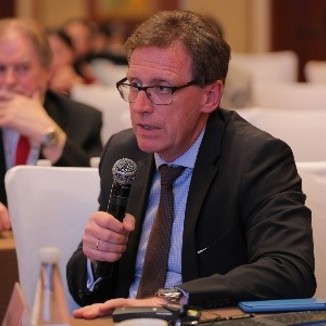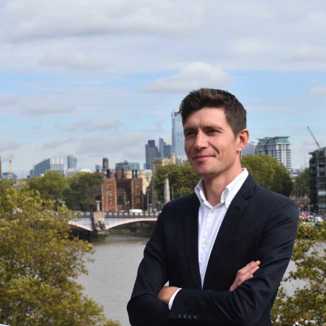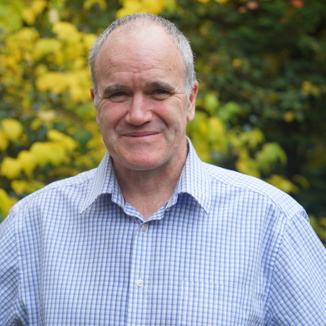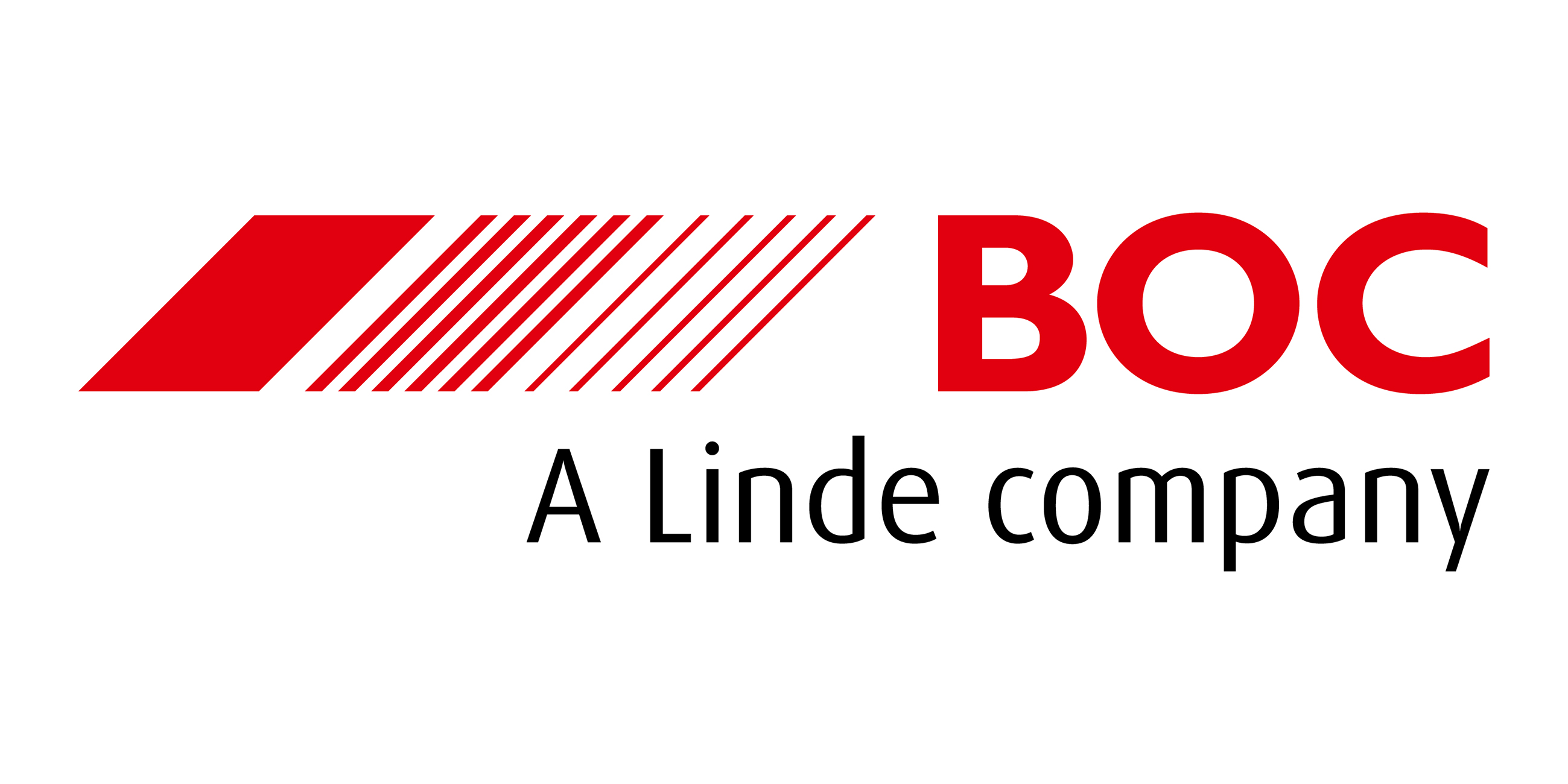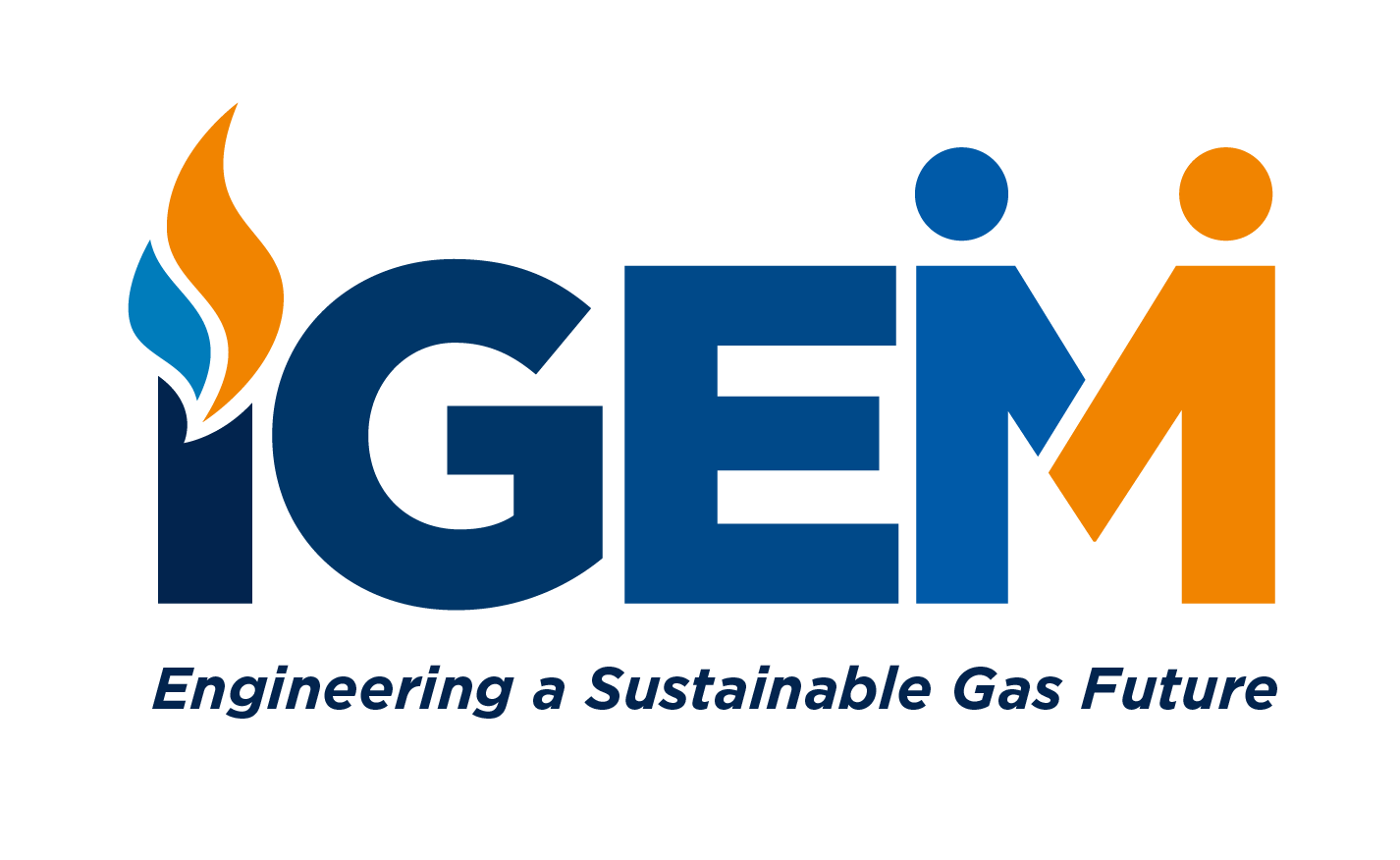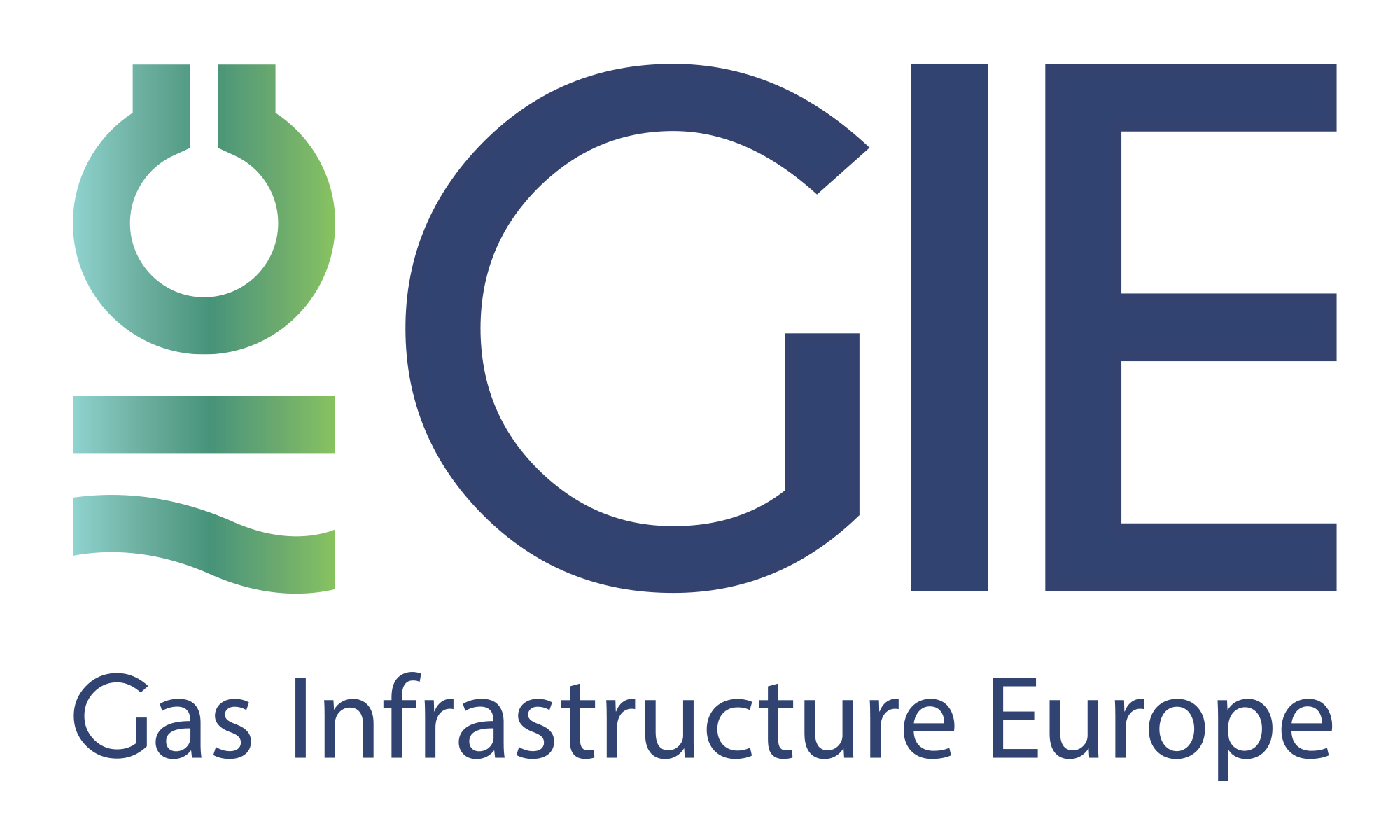With CCS and CCUS playing an important role in reducing carbon emissions in the power sector, CCS
is the only current option to substantially decarbonise emissions intensive sectors. This session will
discuss how these technologies can play to decarbonise industry; you will hear from end users on
how they plan to utilise these technologies to reduce their carbon emis
-
11:45
Chair: Clare Jackson, Director, Hydrogen UK
-
11:45
Luke Warren, H2 & CCS External Adviser, bp
"Delivering low carbon hydrogen for Teesside and the UK"
An introduction to bp’s hydrogen projects on Teesside, including H2Teesside, bp’s world-scale hydrogen project that aims to produce 1GW of CCUS-enabled blue hydrogen and start-up in 2027.
-
12:05
Dr. Shelagh Baines, Sustainability Practice Lead, Halliburton Consulting
"Technologies for carbon transport and storage: the advantage of early collaboration"
European energy supply and industry need to transform to reach net zero targets over the next decade. CCUS is a key solution to reduce carbon dioxide emissions. However, despite the abundance of identified potential sites, there are not enough large-scale projects in the development pipeline, and none are operational in Europe. Projects are being operated by a mix of energy companies and new players who do not have the same experience with offshore and subsurface. New technologies and ways of working will be needed to rapidly accelerate deployment of this crucial technology. How can service companies facilitate the development of these projects?
Current T&S project development is slow. Technology choices and approaches can be a blocker to faster development. Creating a storage development plan requires significant in-depth study, taking a “fail fast” approach to initial assessment limits time spent progressing non-feasible options. This requires considering technology from the start, so that no development options are ruled out by early decisions. This ensures that the planning process is cost-effective and efficient. Early collaboration across all players involved in a project also ensures technology design and testing meets project needs and is ready when needed for deployment. Service companies can also fulfil competency gaps through extensive experience handling and injecting CO2. By taking a more collaborative approach from the inception of a T&S project, the value-add of all competent players can be leveraged to accelerate the progress of CCS in Europe.
-
12:25
Fergus Tickell , Industrial Clusters and Business Development Lead, SGN
"An accelerated hydrogen pathway for Scotland"
Last year, the Scottish Government set a target to have 1 million homes converted to zero emissions heating systems by 2030. Gas distribution network SGN have since been investigating how large parts of the gas network can be converted to 100% hydrogen to support the Scottish Government’s targets. Fergus will provide an overview of the work SGN has undertaken to explore the potential for hydrogen to decarbonise a number of sectors and more widely, how the company intends to create a hydrogen vision for Scotland.
-
12:45
Ian Hibbit, Business Development Manager Industrial Decarbonisation & Applications, BOC
"Industry must prepare for CCUS and Hydrogen now, or face the consequences"
In the current climate of volatile energy prices some industries have been switching back to oil, reflecting their desperation in the face of huge price rises and the knock-on impact this has for high energy intensity industries. This short-term switching from one fossil fuel – never mind the climate change implications – will soon be impossible as the carbon price will catch up with the industries taking up this opportunity. Today’s energy carbon bills will get higher, as this is the mechanism that the government has chosen to get industry to change to a low carbon future. The free allowances will decline, and the carbon price will increase.
So what must high carbon intensity industries – such as glass making – do? Conventional thinking is that in future industries will choose one option going forward: electrification; fuel switching; or CCUS. But many industries will have to adopt two or three of these options to mitigate the impact of the carbon price and fuel costs.
Ian Hibbitt, Business Development Manager Industrial Decarbonisation & Applications, at BOC, an industry leader in industrial decarbonisation, argues that UK industry must make changes today to make ready for CCUS and hydrogen. If hydrogen becomes available at scale the combustion of hydrogen will require greater efficiency to offset the higher cost. In high carbon intense industries process optimisation will be required to be ready for carbon capture plants. For a process industry to be ready they should analyse the processes they undertake and even undertake trials to prove that the change will have the impact expected and no unintended consequences become evident. In short, they will become informed buyers of the technologies available to them. Thus, reducing the risk of change to the core processes that they operate. Ian will set out exactly what such companies can do now in his presentation at the 3rd UK CCUS & Hydrogen Decarbonisation Summit, and outline how BOC can help industries adapt in the face of these unprecedented challenges.
-
13:05
Q&A
-
13:15
Lunch & Networking
-
14:15
Chairs Opening Address: Clare Jackson, Director, Hydrogen UK
-
14:20
James Watt, Hydrogen & CCUS Consultant, WSP
“Future deployments in Hydrogen and CCUS "
The future decarbonisation of industry, heating and power relies on the deployment of infrastructure, capability and supply chains for CCUS and Hydrogen, with additional impacts on existing services, in parallel. How the technologies deploys is highly interlinked and needs to expand beyond the clusters to non-cluster emitters, to consider shipping and new emerging demands. This will enable users to have the ability to choose the most economic solution for them, rather than solutions being forced. WSP will discuss some of those challenges from our work on decarbonisation with examples from our work in Hydrogen and CCS.
-
14:40
Dr Chris Williams, Head of Industrial Decarbonisation, Industry Wales
“ The Developing South Wales Industrial Cluster”
-
15:00
David Phillips, Head of UK and Investor Relations, Aker Carbon Capture
“Norwegian roots, global prospects: Our CCUS journey from ‘lab to market’”
From both our own experience, and the impact from major events like COP26, it is clear that carbon capture is recognised firmly as one of the cornerstone technologies to decarbonize the industrial world. And momentum is building, as many industries accelerate their plans to reduce emissions, helped by continued policy support, carbon emissions pricing and corporate net zero ambitions. At Aker Carbon Capture, our near-two decades of experience in developing – with key academic and industrial partners – technology, engineering and facilities with carbon capture is positioning us to play an active role in helping deploy CCUS across multiple industries. Our conference presentation will cover our “lab to market” journey – from technology development to the real-life projects we are now working to deliver in Norway, Europe, and the United Kingdom.
-
15:20
Dr Gerry Farrow, SVP Head of Carbon Capture & Storage Business Development, Aker Solutions
"Carbon Capture & Storage: Part of the Solution"
Carbon Capture and Storage (CCS) has been identified as a key abatement technology for achieving a significant reduction in CO2 emissions. In CCS projects, CO2 is separated and captured from the different sources, compressed, conditioned, transported and injected underground for permanent storage. Capture technologies have been continuously developed, tested, and implemented in commercial projects throughout the years to increase its capture efficiency and reduce the costs.
Since the 1990s, Aker Solutions has been the pioneering engineering company to deliver CCS projects. Our track record dates back to the Sleipner West platform delivery, the world’s first commercial CCS offshore project and most recently, we have involved in all phases of the Norwegian government’s Longship project, the world’s first project for establishing full-scale CO2 capture, transport and storage facilities.
-
15:40
Q&A
-
15:50
Coffee & Networking Break














